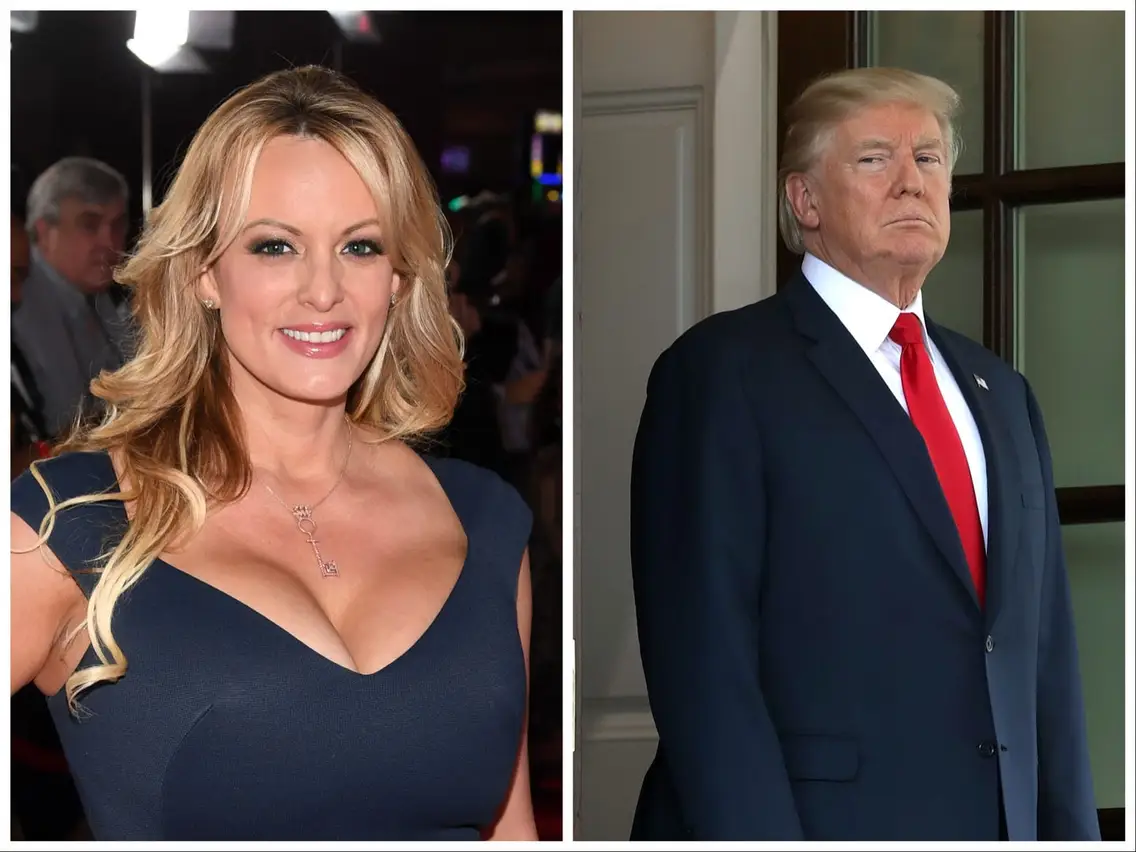Judge in Hush Money Case Is About To Rule If Trump Is Immune From Prosecution
They judge of New York is due to decide this week whether immunity wrecks the 45th president’s convictions.

Judge Juan Merchan’s vow to decide by Tuesday whether President Trump’s 34 hush money convictions can withstand presidential immunity could determine whether the next president takes office under the pall of a prison sentence.
A jury drawn from New York City brought in a verdict of “guilty” on every charge alleged by District Attorney Alvin Bragg. The case centered on payments Trump made, via an attorney, Michael Cohen, to an adult film star, Stormy Daniels, whose real name is Stephanie Clifford. Mr. Bragg managed to upgrade misrepresentations that would have been misdemeanors into felonies by tying them to the presidential campaign.
The task of sentencing Trump for those convictions falls to Judge Merchan, whose stewardship of the trial was marked by acrimony between the jurist and the defendant, on whom he imposed a prior restraint on speech. The 45th president, who has said Judge Merchan “hates” him, requested that Judge Merchan recuse himself, citing his own support for Democrats and the liberal political activism of his adult daughter, Loren.
Judge Merchan refused to recuse himself or lift the gag order for discussing his daughter. Trump lamented that the judge was “wrongfully attempting to deprive me of my First Amendment Right to speak out against the Weaponization of Law Enforcement”
Judge Merchan did agree with Trump’s request to delay sentencing until after last week’s election. He also pushed off — until tomorrow — a ruling on whether the Supreme Court’s ruling that official presidential acts are presumptively immune bears on the verdicts.
Prior to Trump’s election victory, Judge Merchan had been widely expected to rule in Mr. Bragg’s favor. Now that circumstances have changed, he could reckon that Trump’s electoral victory upends the logic of sentencing Trump to prison — the usual punishment for a felonious conviction.
If Judge Merchan decides on Tuesday that immunity upends the convictions, then the sentencing date of November 26 could become void. The judge, at an earlier phase in the proceedings, denied Trump’s argument that presidential immunity precluded Mr. Bragg’s case. The district attorney considers Trump’s immunity “arguments to be without merit” because the payments to Ms. Clifford were allegedly purely private acts. A federal judge, Alvin Hellerstein, has concurred that the acts are unofficial.
The immunity picture is made more complicated, though, by the prospect that Trump will now be entitled to protection not only by virtue of being the 45th president, but also because he will serve as the 47th. The Department of Justice has time and again reiterated its policy that sitting presidents are immune from not only being charged, but also from “any criminal action.” That immunity does not apply to civil actions, and has never been tested by a state prosecutor — or judge.
Trump’s victory last week affects first and foremost the federal cases brought against him by Special Counsel Jack Smith, who works for the Department of Justice. Mr. Smith has already asked for the deadlines in his election interference case to be delayed, which could be a prelude to winding down that case. The charges comprised in his Mar-a-Lago prosecution were dismissed by Judge Aileen Cannon, pending appeal to the 11th United States Appeals Circuit.
Mr. Bragg’s state prosecution — like District Attorney Fani Willis’s at Fulton County — is outside the realm of presidential prerogatives like control of the DOJ and the pardon power, which extends only to “offenses against the United States,” which is interpreted as federal crimes. Judge Merchan, though, could nevertheless be gaming out a scenario where the Supreme Court weighs in.
If Judge Merchan agrees with Mr. Bragg that the jury convicted solely on the basis of “wholly unofficial conduct” — the kind of actions that the Supreme Court discerned are bereft of immunity — then a prison sentence could follow. Any sentence could be appealed to the First Department of the Appellate Division, New York’s first court of review.
That approach, which would involve briefings and proceedings that could stretch on for months, could prove effective for Trump. The First Department last month expressed skepticism toward the $455 million fraud verdict handed down by Judge Arthur Engoron in the case brought by Attorney General Letitia James. One justice reckoned that the “immense penalty in this case is troubling,” and another struggled to understand the contours of what he ventured was a victimless crime.
That is because the Nine could be drawn into the case by the prospect of an incoming president sentenced to prison. In the immunity case, Trump v. United States, the high court warned of the “‘unique risks’ that arise when the President’s energies are diverted by proceedings that might render him ‘unduly cautious in the discharge of his official duties.’” Languishing behind bars could amount to such a diversion on presidential energies.
Judge Merchan, though, could elect to sentence Trump anyway — and dare the high court to act.

